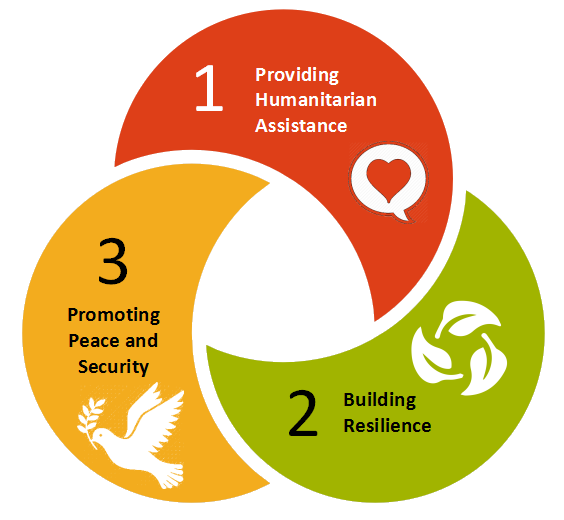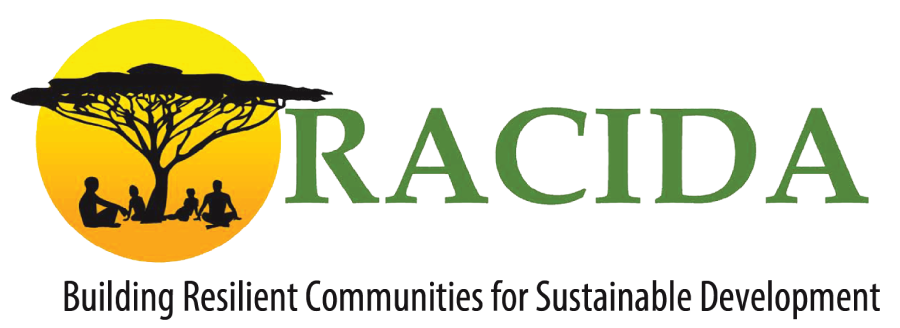About Us
RACIDA is a premier regional not-for-profit organization that exist to enhance the self- reliance, prosperity and dignity of vulnerable communities living in Arid and Semi-Arid Lands (ASALs). Since its founding in 2001, RACIDA has worked to build the resilience of and enable (agro)pastoralist communities to thrive and peacefully coexist with each other, while mitigating the impacts of prevailing shocks and hazards.
Anchored on a Community Managed Disaster Risk Reduction (CMDRR) approach and guided by our belief that the communities we work with should be at the centre of their own development trajectory, we implement practical programmes that enable community development, empowerment, and wellbeing
RACIDA operates in the Mandera Triangle, which includes northern Kenya, Southern Ethiopia (Liban zone), and South-Central Somalia (Gedo region). These are in addition to Oromia region (Guji zone) and East Harage. The organization has field offices in Kenya ( Nairobi-Head Office,Mandera- Regional Office, Rhamu, and Wajir,) as well as in Ethiopia (Addis Ababa,Jigjiga, Filtu, Dire Dawa, Dolo Ado) and Somalia (Dollow town). The regional office is in Mandera while the liaison office is in Nairobi.
Dignified and thriving Arid and Semi-Arid Lands Communities (ASALs)
To champion resilience and prosperity amongst vulnerable communities living in the ASALs of East and Horn of Africa.
INTEGRITY
EXECELLENCE
COMPASSION
ESPRIT DE CORPS
JUSTICE
Strategic Goals
RACIDA currently implements projects across the Kenya, Somalia and Ethiopia under six core programs guided by our three strategic goals: Providing Humanitarian Assistance, Building Resilience, and Promoting Peace and Security.

Providing Humanitarian Assistance
1. Provide reliable and timely responses to emergencies
2. Improve coordination with relevant stakeholders (partners and communities)
Building Resilience
1.Increase food security and promote better livelihood systems
2.Improve access to safe water, sanitation and hygiene services
3.Reduce barriers to access to education
4.Prevent malnutrition among the most vulnerable groups
5.Promote sustainable use of natural resources
Promoting Peace And Security
1.Empower local actors in peace and governance
2.Improve conflict prevention and management
mechanisms for local communities
3.Prevent violence against women and girls (VAWG)
4.Counter violent extremism.
